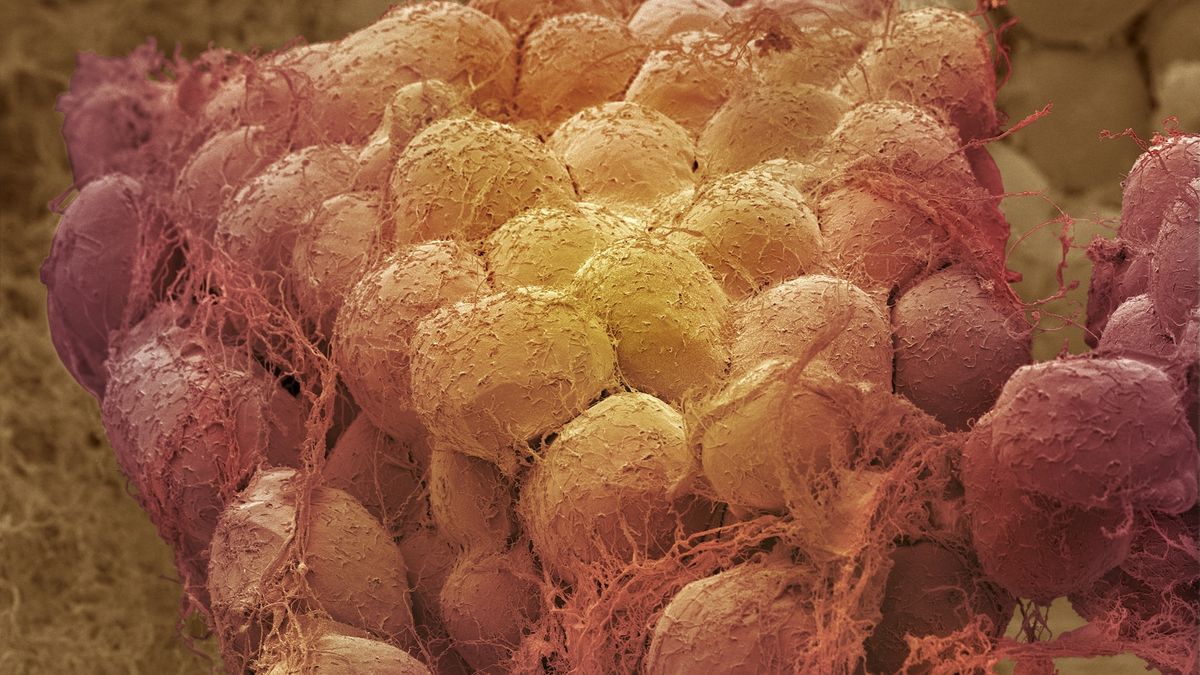PROTECT YOUR DNA WITH QUANTUM TECHNOLOGY
Orgo-Life the new way to the future Advertising by AdpathwayLeader and Health
With rising cancer rates, we need more good news, and the latest finding that cancer interacts with the nervous system means cheap and readily available drugs could help
Shutterstock/Magic mine
One of the biggest, yet often-overlooked, good news stories of the century so far is how many people now survive cancer.
Recent data reveals that today, half of those diagnosed with cancer in the UK will survive for at least 10 years, compared with just a quarter 50 years ago. Similarly, in the US, the cancer mortality rate has declined by 34 per cent over two decades. In Australia, over 70 per cent of people with cancer now survive for at least five years.
Some of these major gains are thanks to declines in smoking and the rollout of national screening programmes for multiple cancer types. But scientific advances in treatment have played their part, too, not least in providing a whole new treatment approach in the form of immunotherapies, which encompass monoclonal antibodies, checkpoint inhibitors, cancer vaccines and more.
Drugs that target the way cancer and our neurons interact are already showing promise
But it isn’t all good news. Apart from positive advancements, the incidence of cancer is still growing, and there are signs that the rate of improvement in survivability is slowing. If we want to see the dramatic progress we have made so far continue, we may need to look at cancer from an entirely fresh angle.
Fortunately, the new field of cancer neuroscience may provide exactly that, as we explore in our cover story. The discovery that nerves play a critical role in cancer – helping tumours to grow and spread around the body – offers a fresh line of attack. Drugs that target the way cancer and our neurons interact are already showing promise in trials and are beginning to be touted as the next big thing in cancer treatment.
If cancer neuroscience does deliver the next big breakthrough, the drugs themselves might turn out to be surprisingly cheap and accessible – several common beta blockers, for example, are under investigation.
That would be a welcome development, in a world where many of the other new treatments can be prohibitively expensive, and when many difficulties remain in ensuring fair, rapid and affordable access to the best cancer treatments.
Topics:


 1 month ago
4
1 month ago
4










 English (US) ·
English (US) ·  French (CA) ·
French (CA) ·  French (FR) ·
French (FR) ·